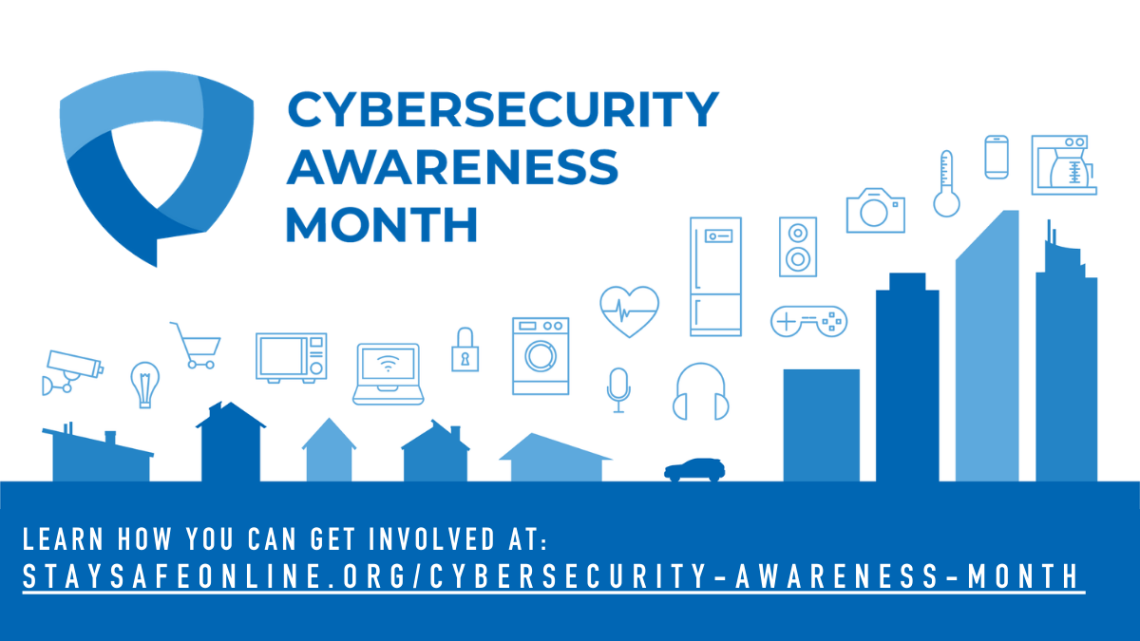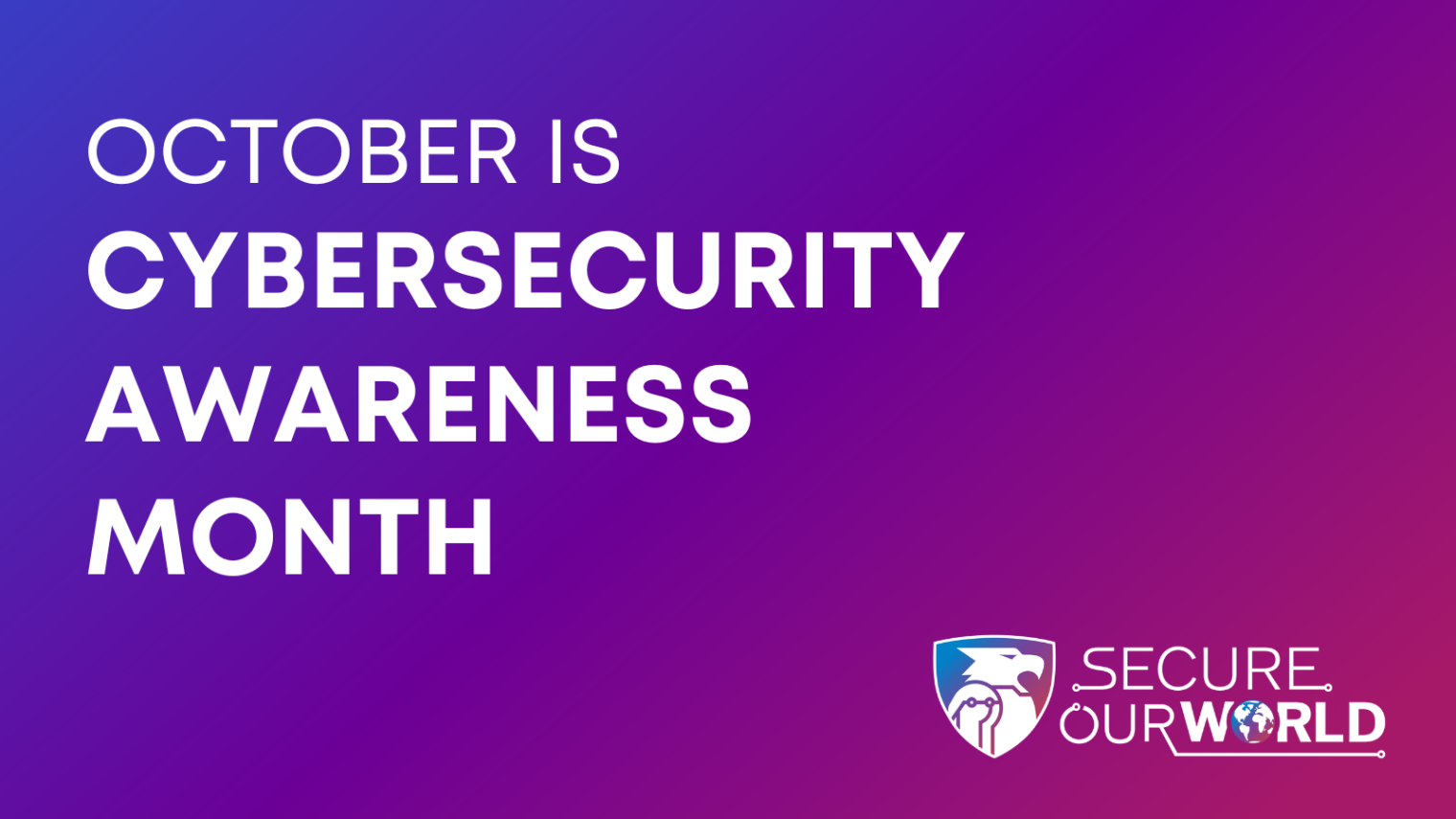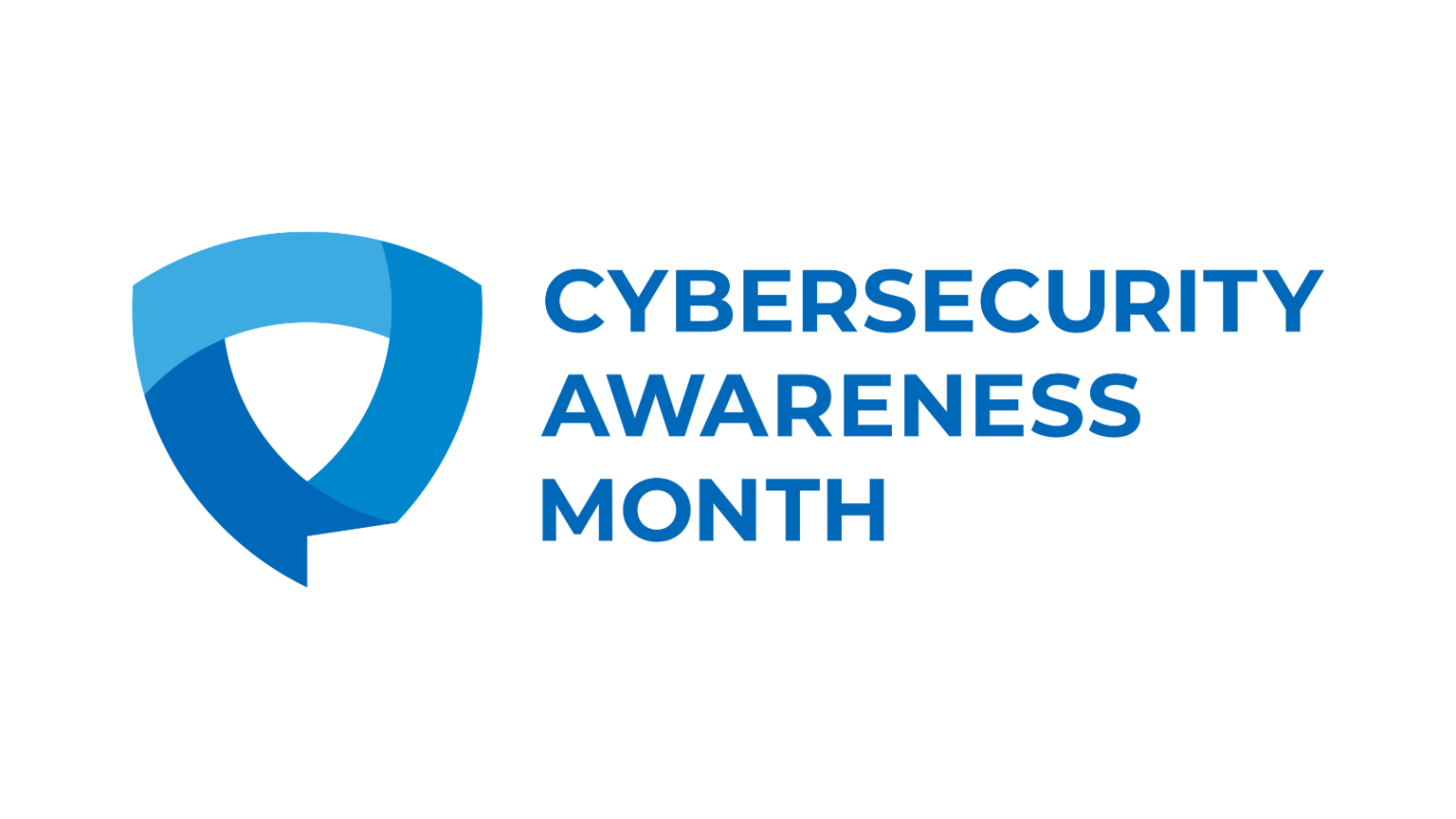Protect Your Digital World
As we celebrate National Cybersecurity Awareness Month, it’s important to take a closer look at how we can protect our digital world. With the increasing number of cyber threats and attacks, it’s more crucial than ever to ensure that our online presence is safe and secure. Here are some tips to help you protect your digital world:

Image Source: nist.gov
1. Use strong and unique passwords: One of the easiest ways for hackers to gain access to your accounts is through weak passwords. Make sure to use a combination of letters, numbers, and special characters for your passwords, and avoid using the same password for multiple accounts.
2. Enable two-factor authentication: Adding an extra layer of security to your accounts with two-factor authentication can greatly reduce the risk of unauthorized access. This method usually requires a code sent to your phone or email to verify your identity before logging in.

Image Source: cmu.edu
3. Keep your software updated: Software updates often include patches for security vulnerabilities that hackers can exploit. Make sure to regularly update your operating system, antivirus software, and other applications to stay protected against the latest threats.
4. Be cautious of phishing attempts: Phishing emails and messages are designed to trick you into revealing sensitive information or clicking on malicious links. Always verify the sender’s identity before clicking on any links or providing personal information online.

Image Source: staysafeonline.org
5. Secure your Wi-Fi network: Make sure to change the default password on your Home Wi-Fi network and enable encryption to prevent unauthorized users from accessing your internet connection. Avoid using public Wi-Fi networks for sensitive transactions or activities.
6. Backup your data regularly: In case of a cyber attack or data breach, having backup copies of your important files and documents can help you recover quickly without losing valuable information. Use external hard drives or Cloud Storage services to backup your data regularly.
7. Educate yourself and others: Stay informed about the latest cybersecurity threats and best practices by reading articles, attending workshops, or following cybersecurity experts on social media. Share your knowledge with friends and family to help them stay safe online as well.
Protecting your digital world is a continuous process that requires vigilance and proactive measures. By following these tips and staying aware of potential threats, you can minimize the risk of falling victim to cyber attacks and enjoy a safer online experience. Let’s all do our part to stay safe online during National Cybersecurity Awareness Month and beyond!
Cybersecurity Tips for You
As we celebrate National Cybersecurity Awareness Month, it is important to remember the simple yet crucial steps we can take to stay safe online. With the increasing number of cyber threats and attacks, it is more important than ever to protect our digital world. Here are some cybersecurity tips for you to keep in mind:
1. Keep Your Software Up to Date
One of the easiest ways to protect yourself online is to ensure that your software, including your operating system, web browsers, and antivirus programs, are always up to date. Software updates often contain security patches that help protect your devices from vulnerabilities that cybercriminals may exploit.
2. Use Strong and Unique Passwords
It may seem like a hassle to create and remember strong, unique passwords for each of your online accounts, but it is a crucial step in protecting your personal information. Avoid using easily guessable passwords such as 123456 or password. Instead, use a mix of letters, numbers, and special characters to create strong passwords.
3. Enable Two-Factor Authentication
Two-factor authentication adds an extra layer of security to your online accounts by requiring a second form of verification, such as a code sent to your phone, in addition to your password. This helps prevent unauthorized access to your accounts, even if your password is compromised.
4. Be Cautious of Phishing Attempts
Phishing is a common tactic used by cybercriminals to trick individuals into revealing their personal information, such as passwords or credit card numbers. Be cautious of emails, messages, or websites that ask for sensitive information or urge you to click on suspicious links. When in doubt, verify the source of the communication before taking any action.
5. Secure Your Home Network
Your home network is a gateway to your personal and sensitive information, so it is important to secure it properly. Make sure your Wi-Fi network is password protected and use encryption to secure your data as it travels between devices. Additionally, consider using a firewall to monitor and filter incoming and outgoing network traffic.
6. Backup Your Data Regularly
In the event of a cyber attack or data breach, having a backup of your important files and documents can save you from losing valuable information. Regularly back up your data to an external hard drive or Cloud Storage service to ensure that you can recover it in case of an emergency.
7. Educate Yourself and Others
Cybersecurity is a shared responsibility, and it is important to educate yourself and others about the risks and best practices for staying safe online. Stay informed about the latest cyber threats and trends, and share your knowledge with friends, family, and colleagues to help create a more secure online environment for everyone.
By following these cybersecurity tips, you can protect yourself and your digital world from potential cyber threats. Remember, staying safe online is a continuous effort, so make cybersecurity awareness a priority not only during National Cybersecurity Awareness Month but every day of the year.
Be Safe Online Every Day
As we celebrate National Cybersecurity Awareness Month, it’s important to remember that staying safe online is not just a one-time thing. It’s something that we need to be mindful of every single day. With the increasing amount of time we spend on the internet, whether it’s for work, school, or leisure, it’s more crucial than ever to prioritize our online safety and security.
One of the first steps in being safe online every day is to protect your personal information. This includes being cautious about the information you share on social media, as well as being wary of phishing scams and other malicious attempts to steal your data. Make sure to use strong and unique passwords for all your accounts, and consider using a password manager to keep track of them securely.
Another important aspect of staying safe online is to keep your devices and software up to date. Cybercriminals are constantly finding new vulnerabilities to exploit, so it’s essential to install updates regularly to patch any security holes. Set your devices to update automatically if possible, and don’t ignore those notifications to update your software – they could be the key to keeping your data safe.
It’s also crucial to be mindful of the websites you visit and the links you click on. Always look for the padlock symbol in the address bar to ensure a website is secure, and be cautious of any suspicious emails or messages that ask you to click on a link or download an attachment. These could be phishing attempts or malware that could compromise your data and privacy.
When it comes to online shopping and banking, make sure to use secure websites with HTTPS encryption. Avoid making transactions over public Wi-Fi networks, as they may not be secure and could expose your sensitive information to prying eyes. Consider using a virtual private network (VPN) to encrypt your internet connection and add an extra layer of security when browsing online.
Lastly, don’t forget to regularly back up your important data. Whether it’s photos, documents, or other files, having a backup ensures that you won’t lose everything in the event of a cyber attack or hardware failure. Use a Cloud Storage service or an external hard drive to keep your data safe and secure, and consider setting up automatic backups for added convenience.
In conclusion, being safe online every day is not a one-size-fits-all approach. It requires a combination of awareness, caution, and proactive measures to protect your digital world. By following these tips and staying informed about the latest cybersecurity threats, you can enjoy a safer and more secure online experience. Stay safe, stay vigilant, and happy National Cybersecurity Awareness Month!
national cybersecurity awareness month